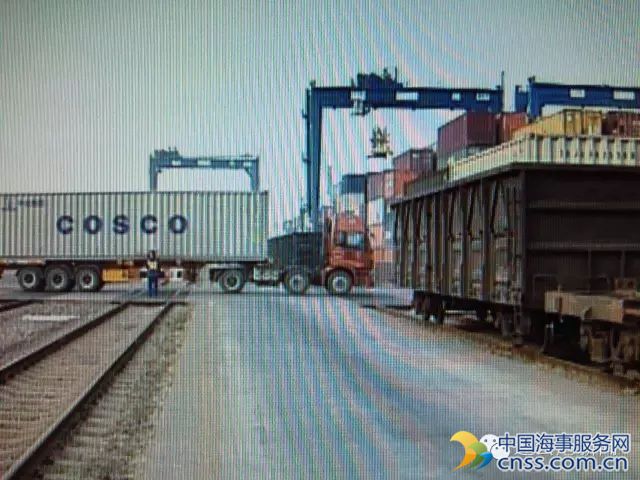Port State Control will target sulphur rules and the Polar Code

Danish key issues on, inter alia, enforcement of the sulphur regulations and the Polar Code have been included in a Ministerial Declaration signed by 29 countries.
29 countries from the Paris MoU and the Tokyo Mou have signed a new Ministerial Declaration on port State control. The declaration, which has been under preparation for three years, stipulates new goals for port State control and for cooperation on port State control.
Director General of the Danish Maritime Authority, Andreas Nordseth:
”Port State Control is an important part of ensuring compliance with international regulation. That’s why it is gratifying to see that Danish key issues on enforcement of the sulphur regulations and the Polar Code have been included in the declaration. It is important to Denmark that environmental considerations are taken worldwide.”
Mrs. Birgit Sølling Olsen from the Danish Maritime Authority represented Denmark at the Ministerial Conference held in Vancouver, Canada.
In addition to the 29 countries, the IMO Secretary General as well as a representative of the ILO attended the conference. Furthermore, inter alia the ISF, ITF and IACS were present.
In addition to the sulphur regulations and the Polar Code, the declaration focuses on a number of other areas, such as the acceptance of electronic certificates, more transparency and reductions of the burdens imposed on the industry in connection with PSC inspections. Furthermore, the inspection regime must continuously be developed in order to optimise the use of the resources available.
Port State Control secures a level playing field
PSC inspections have proven to be an effective instrument for ensuring ships’ compliance with international regulations and, thus, a level playing field for the benefit of safety, the environment and the seafarers.
PSC inspections have also resulted in marked results as regards the number of defects and non-conformities, which has been reduced. Furthermore, the number of detentions has stabilised at around 3.5 per cent annually, just as more countries are now in compliance with the conditions for being included on the White List.
Source: Danish Maritime Authority
HEADLINES
- Do shipping markets want Biden or Trump for the win?
- All 18 crew safe after fire on Japanese-owned tanker off Singapore
- Singapore launching $44m co-investment initiative for maritime tech start-ups
- Cosco debuts Global Shipping Industry Chain Cooperation Initiative
- US warns of more shipping sanctions
- China continues seaport consolidation as Dalian offer goes unconditional